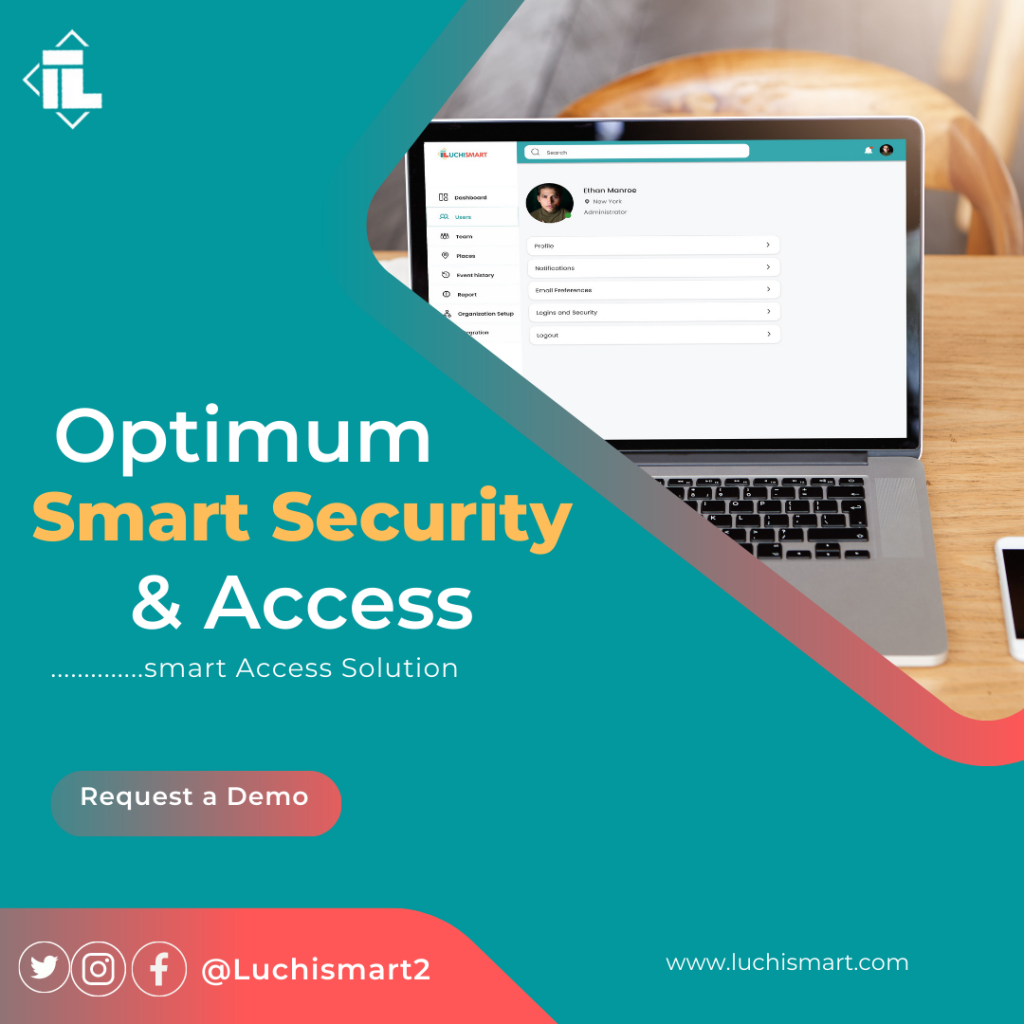
Access control systems are essential components of modern organizations, ensuring the security and integrity of their facilities, data, and assets. However, traditional access control systems have several limitations, such as high costs, limited scalability, and limited accessibility. That’s why many organizations are turning to cloud-based access control systems as a more efficient and effective solution. In this blog, we will explore the reasons why organizations should upgrade their access control systems to the cloud.
Cost-Effective
One of the primary advantages of cloud-based access control systems is their cost-effectiveness. Traditional access control systems require significant capital investment in hardware, software, and maintenance. In contrast, cloud-based access control systems are based on a subscription model, where organizations pay a monthly or annual fee for the use of the service. This model eliminates the need for upfront capital investment and provides predictable costs, making it easier to manage budgets.
Scalability
Cloud-based access control systems are highly scalable, making them suitable for organizations of all sizes. As the organization grows or changes, the cloud-based access control system can quickly adapt to the changing needs, without requiring additional hardware or software. Organizations can easily add or remove users, devices, and locations, as needed, without worrying about hardware or software compatibility issues.
Accessibility
Cloud-based access control systems provide greater accessibility than traditional systems. With cloud-based systems, authorized users can access the system from anywhere, at any time, using any device with an internet connection. This feature is especially important for organizations with remote workers, multiple locations, or mobile workers who require access to the system from different locations.
Easy Integration
Cloud-based access control systems are designed to integrate with other cloud-based services and software. This integration enables organizations to streamline their workflows and improve efficiency. For example, cloud-based access control systems can integrate with human resource management software to automate employee onboarding and offboarding, or with video surveillance software to enhance security monitoring.
Better Security
Cloud-based access control systems provide better security than traditional systems. Cloud-based systems use advanced encryption technologies to secure data, ensuring that unauthorized individuals cannot access sensitive information. Additionally, cloud-based access control systems are constantly monitored and updated by experienced security professionals, reducing the risk of cyber-attacks.

A cloud-based access control system is a security solution that enables access control to be managed through a remote server that is accessed via the internet. Here are some pros and cons of using such a system:
Pros:
Convenience: A cloud-based access control system allows authorized personnel to access secure areas remotely, making it easier for them to manage access and permissions. This is especially useful for large organizations that have multiple locations or for businesses with employees who work remotely.
Scalability: A cloud-based access control system can be easily scaled up or down to accommodate changing needs. As a business grows, it can easily add new doors or users to the system without the need for major hardware upgrades.
Cost-effective: A cloud-based access control system can be more cost-effective than traditional access control systems because it eliminates the need for on-site servers and IT staff. Additionally, because the system is hosted in the cloud, there are no additional costs for maintenance, upgrades, or repairs.
Enhanced Security: Cloud-based access control systems use advanced encryption technologies to protect data, which makes it more secure than traditional access control systems. Additionally, because the system is managed remotely, it is less vulnerable to physical security breaches.
Cons:
Dependence on Internet: Since a cloud-based access control system is entirely reliant on the internet, any issues with the internet connection can affect the system’s functionality. This could lead to delays or downtime in the system, which could be problematic for businesses that need continuous access control. For Luchismart Devices, there is an internet alternative which is the Bluetooth and Offline mode, this helps to reduce the dependency of internet.
Privacy and Data Security: Cloud-based access control systems store data remotely, which could be a concern for businesses that handle sensitive data. While cloud service providers implement advanced security measures, there is always a risk of data breaches or unauthorized access. Luchismart has extra security measures to protect our clients data and privacy. such measures are the mandatory (two factor authentication ( 2FA ) for all paid users. and other internal security measures, this goes extra mile to protect and secure our clients data.
Limited customization: Cloud-based access control systems can be less flexible than traditional access control systems, as customization options are often limited. This means that businesses may need to adjust their policies and procedures to fit the system’s limitations. Luchismart was built having our clients and prospective clients in objective in mind, and this is why we allow for paid customers customization to your own standard.
Subscription-based: Cloud-based access control systems typically require a subscription fee, which can add up over time. This can be a disadvantage for businesses that prefer to pay for their security solutions upfront.
Do you have a project ?, would you want Luchismart to give you the desired comfort ?


Leave a Reply